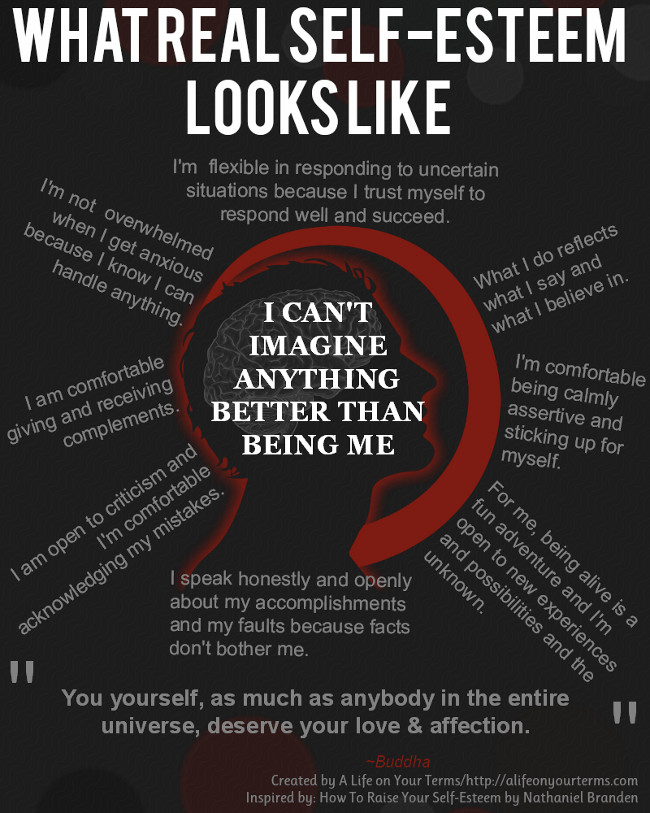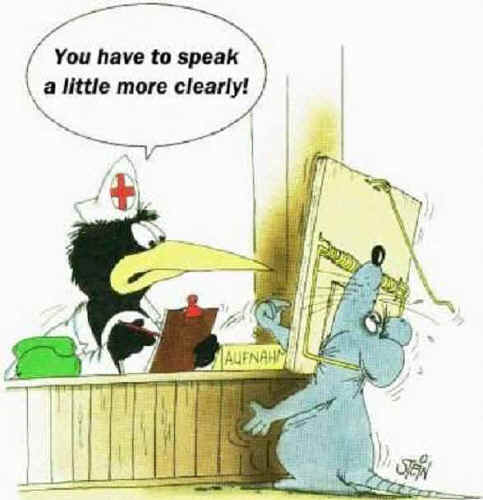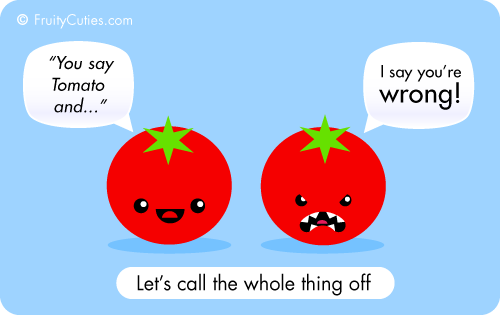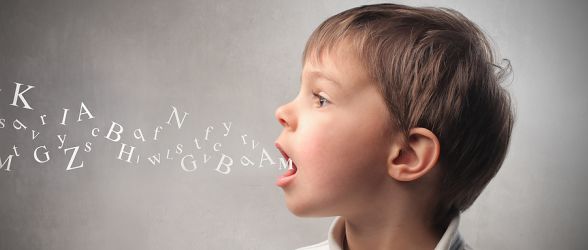Help Your Child Develop Self-Esteem in the Face of Communication Challenges
Speech disorders and delays can not only effect how children are able to communicate, but also their confidence and self-esteem. When this happens, their behavior, learning, and relationships can be affected to various degrees. In fact, some researchers propose that kids with speech delays can be more at risk for things such as bullying because they can seem more reclusive. There are ways, however, that parents, teachers, and caregivers can help build confidence and ease frustrations.
1. Help them meet other kids with speech disorders.
If your child is the only one in his class with a speech delay, he might already feel the pressure of being different. Introduce him to other kids who face some of the same challenges. When our kids feel like they are not the only ones experiencing a challenge, they feel a sense of belonging. Belonging – having comrades – not only helps to provide comfort, but can be a great resource for support and possible tools for speech therapy techniques. Continue reading





